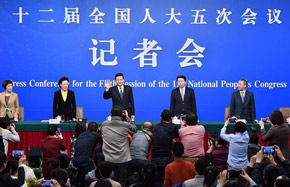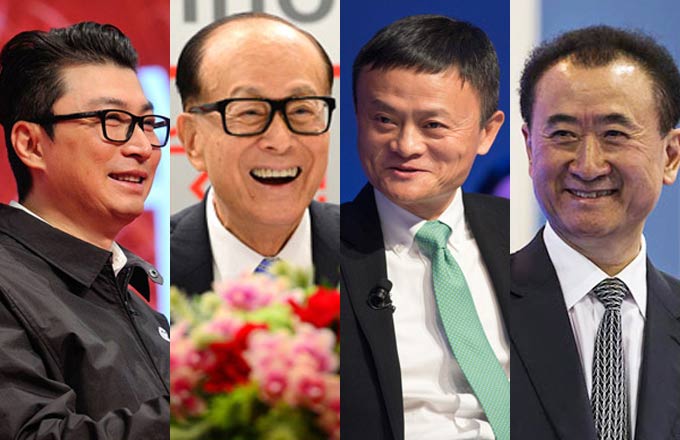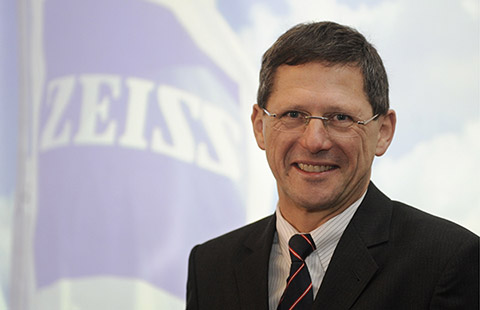Freer foreign capital flow vital for integration of A shares into global index
MSCI provides some emerging markets indices, including those involving China.
Those accounted for about 1 percent of its global equity trades when it launched in 1988, but that had increased to 13 percent by the end of 2012.
A source close to the Chinese capital market watchdog, who declined to be named, said that discussions between CSRC and the MSCI have been ongoing for a number of years, but that the biggest obstacle between the two sides reaching agreement had been "the closed capital account".
The only way to invest into the Chinese mainland stock market is to apply for a quota under the QFII scheme.
According to CSRC regulations, a single foreign institutional investor can hold a maximum of 10 percent of one public company's shares, and overseas investors can own a maximum 30 percent of the shares.
Other rules from the State Administration of Foreign Exchange require that the maximum quota for one QFII is $1 billion, and the total amount of money transferred outside every year can be no more than 20 percent of its year-end total assets in China.
Jiang Youheng, the chief strategist with Guotai Junan International Holdings Ltd, said MSCI would be a good way to provide services to large international funds and institutional shareholders, but added China "may need more time to completely open up its domestic stock investment system".
Zhao Xiaoyun, the chairman of Global Trend Investment Management Co Ltd, added: "In order to attract more international funds to buy A shares, QFII quotas and the series of investment limitations should be broken down."
By the end of March, the SAFE had an approved total quota of $41.7 billion for 197 foreign institutions. Last month, 11 QFIIs received quotas of $910 million.

















